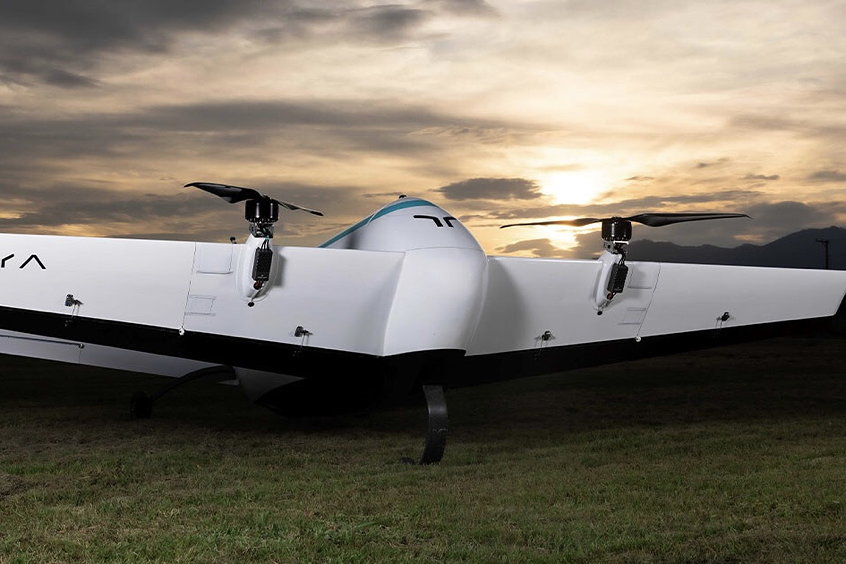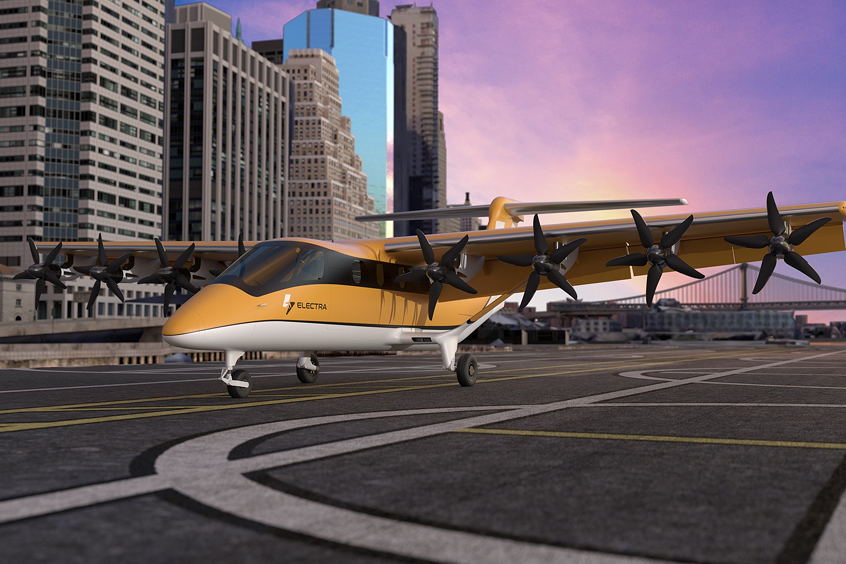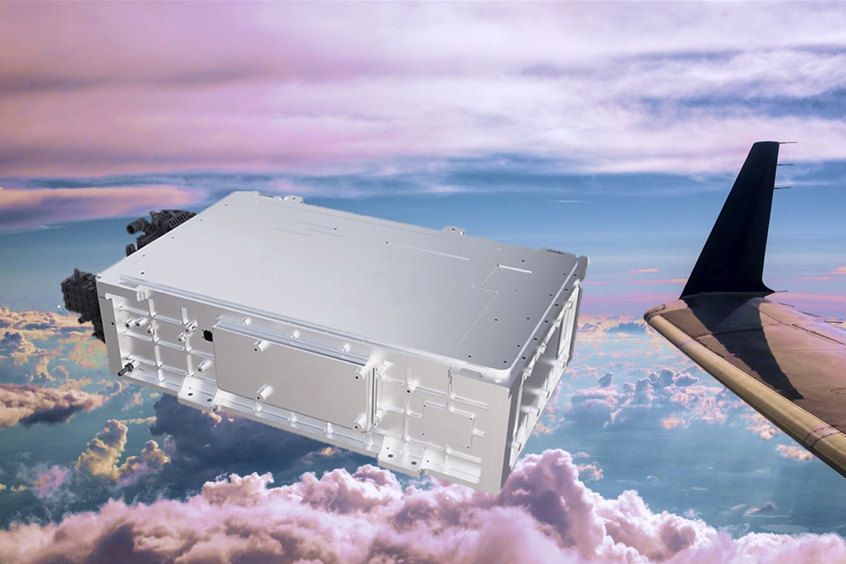Lockheed Martin and Red Hat, Inc. are collaborating to advance artificial intelligence innovation on Lockheed Martin military platforms. Adopting the newly announced Red Hat Device Edge will enable Lockheed Martin to support U.S. national security missions by applying and standardizing AI technologies in geographically constrained environments.
With Red Hat Device Edge, Lockheed Martin is equipping U.S. military platforms, such as the Stalker unmanned aerial system (UAS), with advanced software that was previously too large and complex for these systems. This advanced software enables small platforms to handle large AI workloads, increasing their capability in the field and driving faster, data-backed decision making.
In a recent demonstration, Lockheed Martin used Red Hat Device Edge on a Stalker UAS to demonstrate how AI-enhanced sensing can advance Joint All-Domain Operations. The Stalker used onboard sensors and AI to adapt in real-time to a threat environment.
The Stalker was flying an intelligence, surveillance and reconnaissance (ISR) mission to detect a simulated military target. Once the Stalker detected the target emitter, project engineers used Red Hat Device Edge to update the Stalker's software in-flight. The new software, now managed on platform by Red Hat Device Edge, enabled the Stalker to deploy updated AI-based computer vision capabilities, also known as automated target recognition capabilities. As a result, Stalker was able to more accurately classify the military target, providing more useful ISR data and enhancing the situational awareness of the threat environment for U.S. military decision-makers.
Justin Taylor, vice president, Artificial Intelligence, Lockheed Martin says: “With Red Hat Device Edge, Lockheed Martin is leading the infusion of cutting-edge commercial technology into military capabilities that deliver advanced solutions to our customers. Unlocking these AI technologies can help national security decision-makers stay ahead of adversaries, enabling a safer and more secure world.”
Francis Chow, vice president and general manager, In-Vehicle Operating System and Edge, Red Hat adds: “Lockheed Martin is at the forefront of global innovation that often defines a technological era. With our latest solution, Red Hat Device Edge, we'll be able to work together to change what communications and artificial intelligence looks like in the most space-constrained and far-flung environments, whether it's a remote mountain range or beyond the boundaries of Earth's atmosphere.”
Red Hat Device Edge delivers an enterprise-ready and supported distribution of MicroShift, a lightweight Kubernetes orchestration solution built from the edge capabilities of Red Hat OpenShift, along with an edge-optimized operating system built from Red Hat Enterprise Linux. This latest product in the Red Hat edge portfolio allows an organization's architecture to evolve as its workload strategy changes.
Lockheed Martin is a key contributor to the MicroShift project, collaborating to help build out the project's edge capabilities for remote and inaccessible environments.
Lockheed Martin, Red Hat and other industry collaborators are enhancing 5G.MIL® capabilities with RAN Intelligent Controller (RIC) functionality using Red Hat OpenShift, the industry's leading enterprise Kubernetes platform, to deliver resilient communications for the Department of Defense.
As part of Lockheed Martin's 21st Century Security vision to leverage the best commercial technologies for the defense industry, the company plans to continue to innovate using Red Hat Device Edge and edge Kubernetes capabilities for a broader range of applications across all domains: land, sea, air, space and cyber.
| Contact details from our directory: | |
| Lockheed Martin Unmanned Systems | Airframer |
| Red Hat, Inc. | Command, Control & Intelligence Systems, UAV Control Software |
| Related aircraft programs: |
| Lockheed Martin Stalker |
| Related directory sectors: |
| Aircraft Operations |
Weekly news by email:
See the latest Bulletin, and sign up free‑of‑charge for future editions.

Altair collaborates with aerospace startup Moya Aero to develop eVTOLs

Electra reveals design for EL9 hybrid-electric aircraft
Piper Aircraft achieves AS9100 certification
